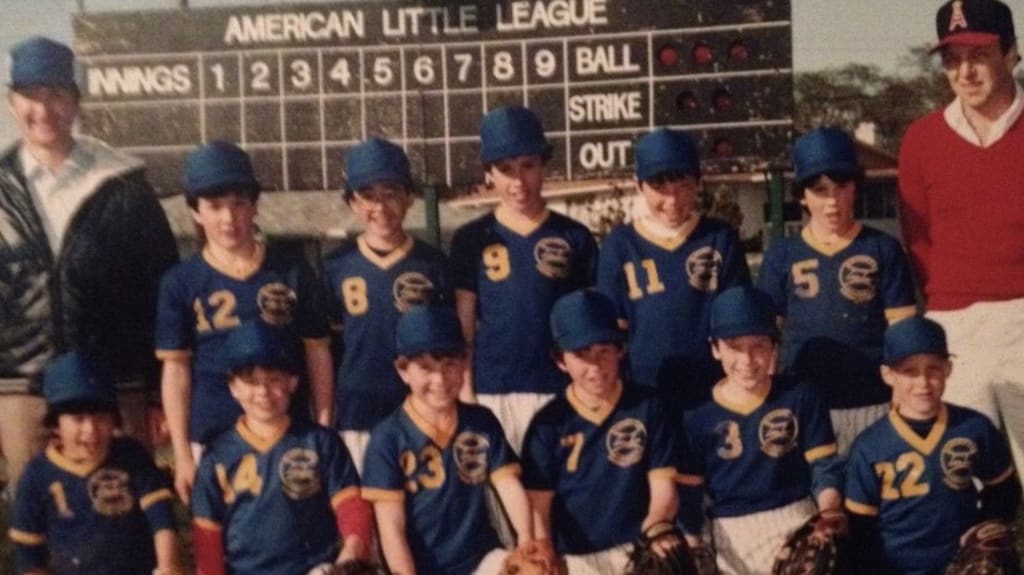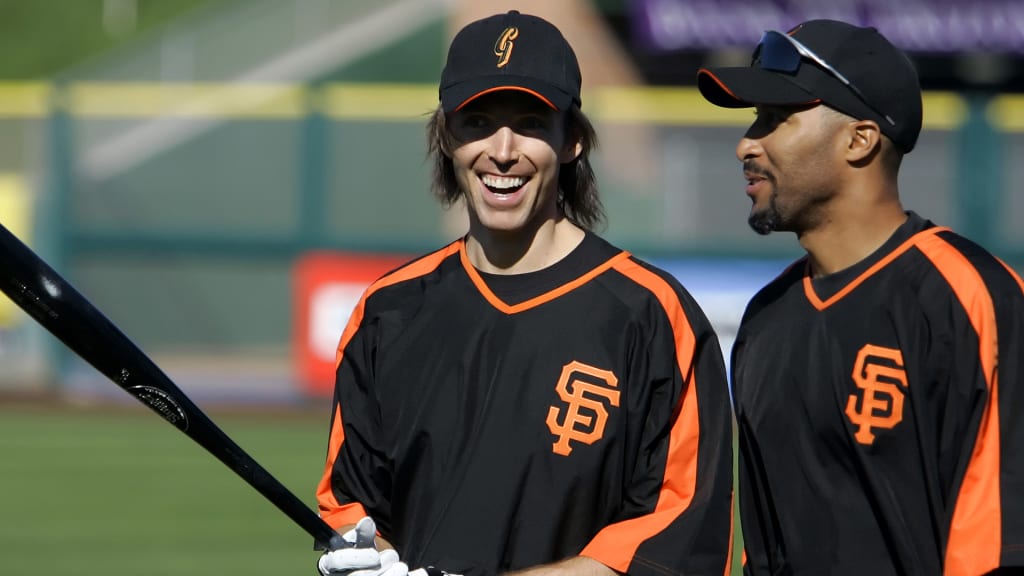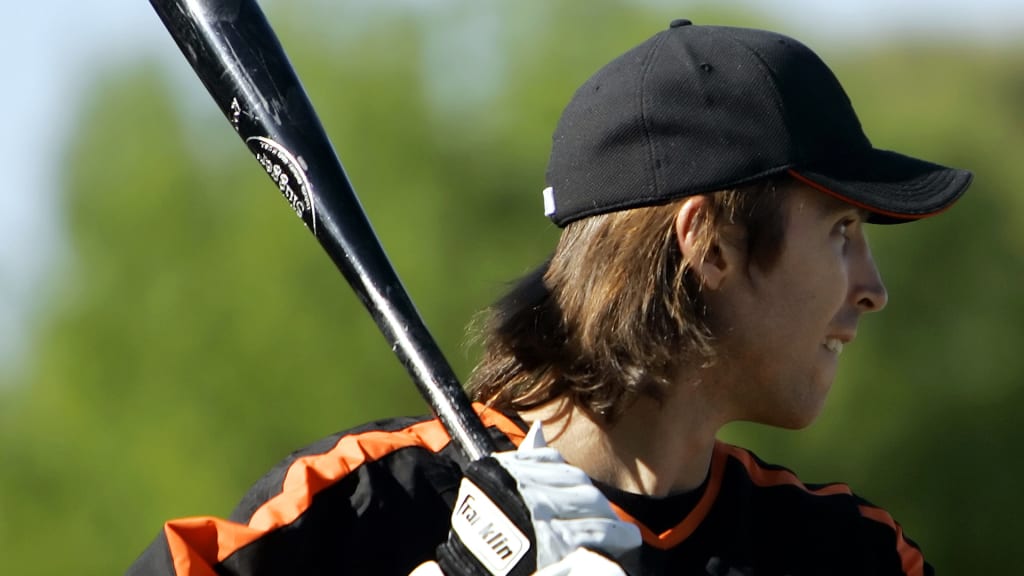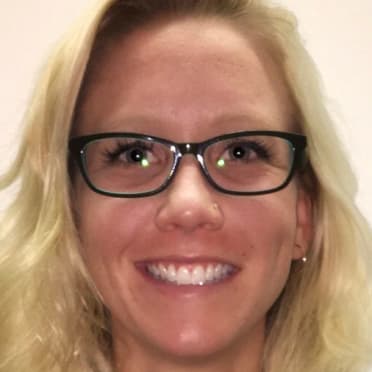Through three decades of scouting young players across Canada -- a country whose national sports are hockey and lacrosse, where baseball can occasionally be an afterthought -- it should be no surprise that Twins scout Walt Burrows snagged some fish that he couldn¡¯t reel in along the way.
When the longtime evaluator first met future Naismith Memorial Basketball Hall of Famer Steve Nash -- both residents of Victoria, British Columbia -- the future baller was just 10 years old. Alongside Nash¡¯s father John, Burrows¡¯ older brother Don was coaching Nash¡¯s Little League team. Through the years that followed, the multisport athlete continued to be teammates with Burrows¡¯ nephew Jeremy in a variety of sports, building familiarity between the two families.

¡°In ¡¯92, I remember my brother calling me,¡± Burrows said. ¡°Steve wasn¡¯t playing baseball anymore, he had changed from a public school to a private school, and he was just playing soccer -- his dad was a first-division soccer player -- and basketball. My brother had put together some fall ball pickup baseball and he said, ¡®Are you going to come out and see Steve play?¡¯
¡°I had just come back from scout school, so I knew everything there was to know about scouting,¡± Burrows laughed. ¡°And I can remember calling Tom Valcke, who was the supervisor of the [Major League] Scouting Bureau in Canada at the time. I told him what I had seen and that this guy was better than anybody I¡¯d seen at scout school in Florida, and he was a Canadian shortstop, and there¡¯s never been one basically.
¡°I went on and on and Tom finally relented and said, ¡®OK.¡¯ I know he didn¡¯t believe me at the time -- and I don¡¯t blame him -- and he said, ¡®What team¡¯s he on and when can I see him?¡¯ I told him there were two problems -- he wasn¡¯t on a team and he wasn¡¯t going to play in the spring because he was playing basketball.¡±
But Burrows didn¡¯t give up, in part because he thought there was almost no chance Nash could make a career on the court. He was a basketball official at the time, one who thought he knew the game because he was refereeing the Olympic team in Victoria, as well as officiating in the World Basketball League, not to mention the younger brother of Bob Burrows, who was drafted by the Seattle SuperSonics before deciding to pursue professional baseball instead.
Just after Nash had played his last high school basketball game in 1992 -- the North island taking on the South island at the University of Victoria -- the scouting Burrows visited with him in that gymnasium. He recommended to Nash that while fulfilling his commitment to Santa Clara University to play basketball, he walk on to the baseball team.

¡°¡¯I think you can make millions and play 20 years in the big leagues doing this,¡¯¡± Burrows told Nash. ¡°He said, ¡®You think so?¡¯ and I said, ¡®Absolutely.¡¯ But the story doesn¡¯t end there.¡±
The young basketball player joined the Broncos, but not on the field. Four years after their discussion in the gym, the two reunited in an airport. Nash was with his parents, ready to board his flight to the 1996 NBA Draft, where he¡¯d be taken 15th overall by the Phoenix Suns.
¡°We had a little chat and his closing comment to me as we said goodbye to each other was that he was sure glad he didn¡¯t take my advice,¡± Burrows said. ¡°But to this day, I still believe he would have been a tremendous baseball player. He was just such a gifted athlete that it was kind of a no-brainer.¡±

As it turned out, Nash was a no-brainer playing the sport of his choice too. Along with being the second Canadian player inducted into the Hall of Fame and a four-time member of the elite 50-40-90 club, he became the first Canuck to win an MVP trophy in the NBA and the second point guard to win the award on numerous occasions.
¡°I still see his dad, he¡¯s in Victoria here, still playing soccer, and we reminisce about those old days,¡± Burrows said. ¡°I¡¯m the guy who said his son would never, ever play basketball. I was dead wrong on that one.¡±
